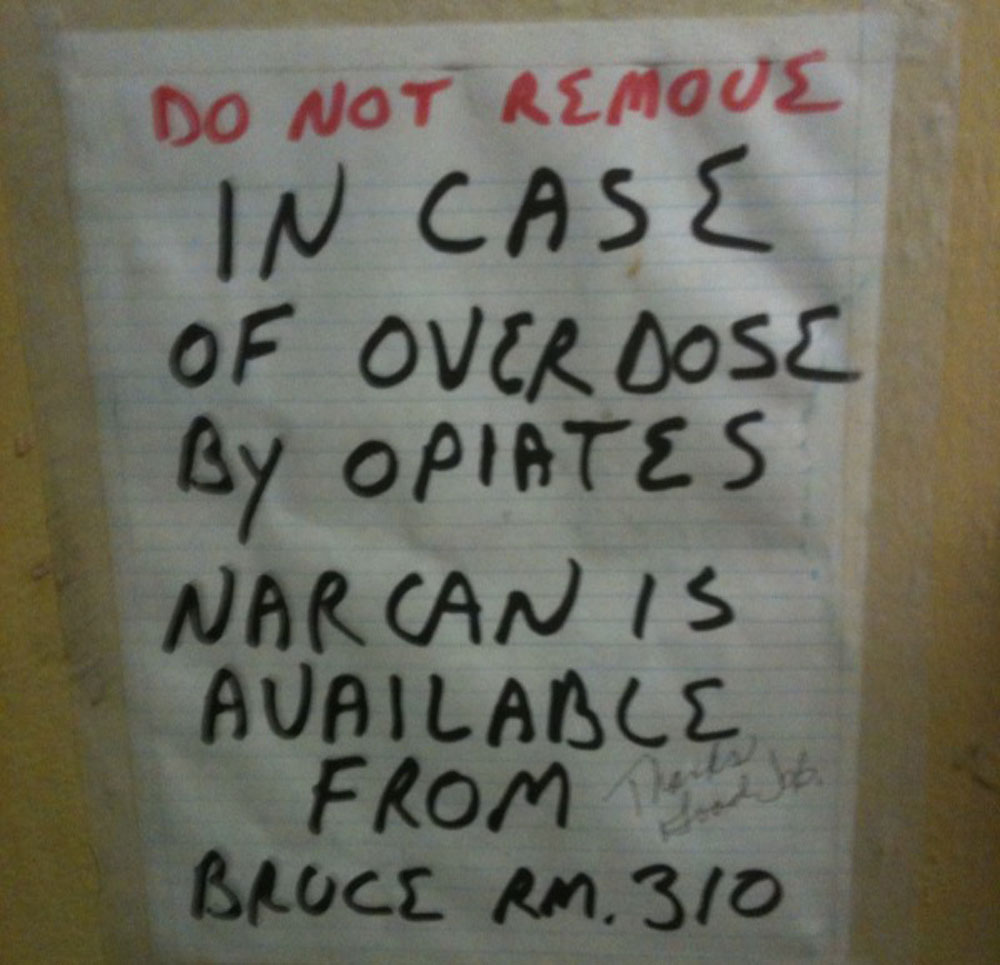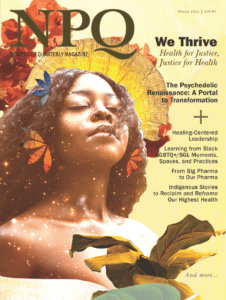
December 3, 2020; Post and Courier (Greenville, SC)
Even as US deaths from COVID-19 have hit an all-time high, the number of overdoses from addiction is also skyrocketing, ushering in a long winter season.
Challenge Inc., a community organization that distributes the anti-overdose drug Narcan, says the call for it has quadrupled, going from 250 to 1000 doses each month, and actual usage rates have doubled. Executive director and former addict Marc Burrows says the tone and attitude of people requesting the drug has changed. “You can sense a fear, a level of desperation, of just, ‘Please we need Narcan and we need a lot of it. And if you have extra, I’ll take extra, because I have friends who want it.’” These days, though, the organization is having trouble keeping it in stock at all.
The Washington Post reported on November 10th that “available information suggests US drug overdose deaths are on track to reach an all-time high” this year. To put that in perspective, there were 71,000 overdose deaths recorded last year. Many place some of the blame for this increase on the stresses brought by the pandemic, which include greater isolation in combination with the disruption of treatment programs.
However, the information available currently comes from a patchwork of observation, since, as the Post reports, as opposed to the fast counting of COVID deaths, in this realm, “national numbers take months to tabulate, because tests and death investigations can take time even when medical examiners offices are not stretched thin by a pandemic.”
Sign up for our free newsletters
Subscribe to NPQ's newsletters to have our top stories delivered directly to your inbox.
By signing up, you agree to our privacy policy and terms of use, and to receive messages from NPQ and our partners.
Last week, the Centers for Disease Control and Prevention posted a count through March, the month when COVID-19 hospitalizations and deaths jumped in the Northeast and when stay-at-home orders and other virus measures began.
The full effect of those closures won’t be seen until April and May numbers, experts say. Still the latest numbers show deaths trending up: Nearly 74,000 overdose deaths were counted from April 2019 to March 2020, up from the 68,000 reported for the comparable period one year earlier.
Scott Purcell, 59, and a longtime member of recovery groups like Alcoholics Anonymous and Narcotics Anonymous, says the isolation that comes with the pandemic, coupled with a more restricted treatment program landscape, can be very difficult for those trying to recover.
“For newer people that need that human connection, it seems to be pretty difficult,” Purcell says. “As they say, ‘An addict alone is in bad company.’ I think there are going to be a lot of people who don’t get a chance to get clean.”—Ruth McCambridge













